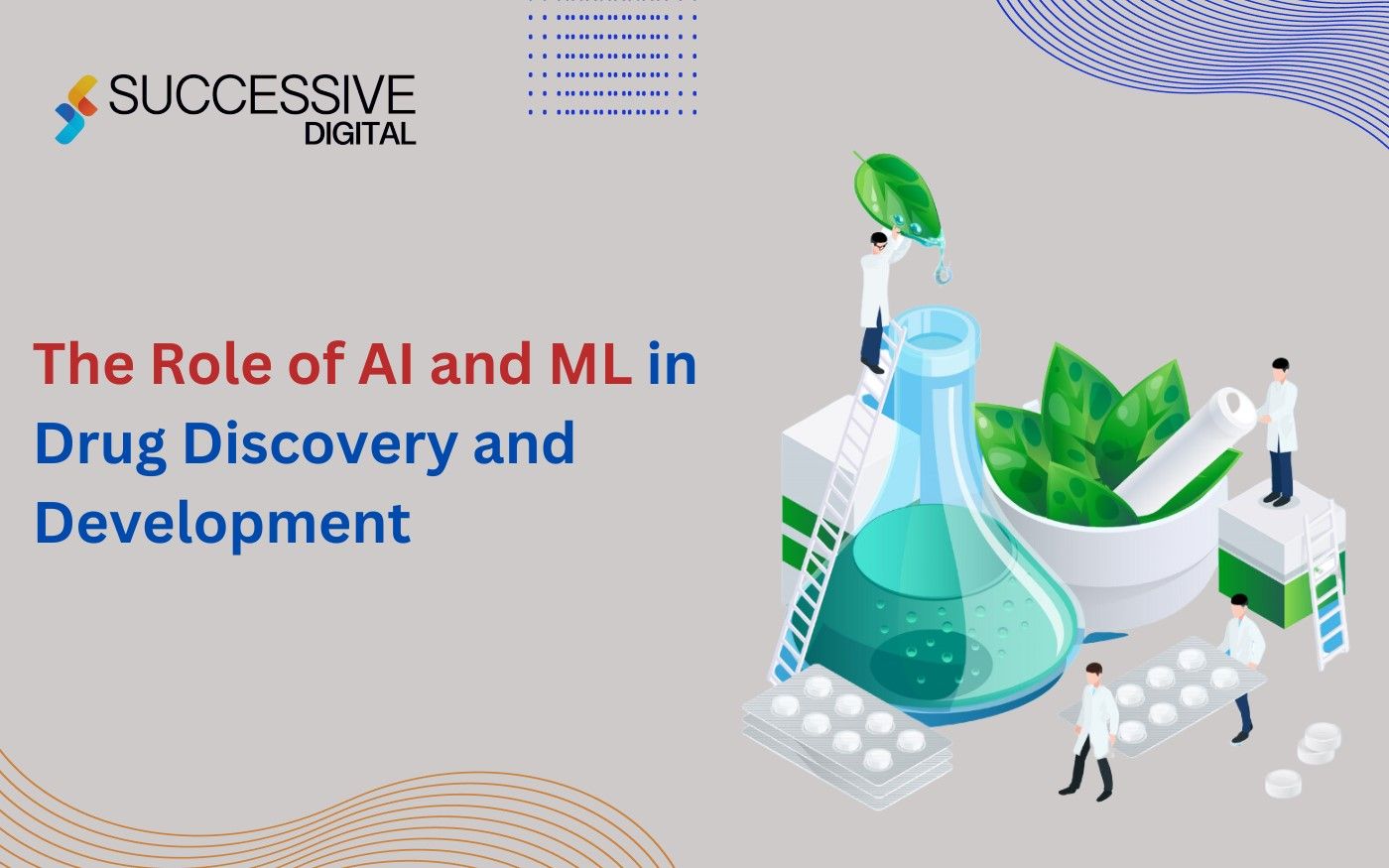The transportation and logistics industry has witnessed a transformative shift with the integration of Artificial Intelligence (AI) and Machine Learning (ML). These technologies have not only optimized traditional procedures but also brought progressive answers to lengthy-standing demanding situations. This blog explores into the technical factors of how AI and ML in logistics are reshaping this industry, enhancing efficiency, safety, and sustainability.
Predictive Analytics and Demand Forecasting
AI and ML have revolutionized demand forecasting and predictive analytics in logistics. Traditional techniques often relied on historical data and manual evaluation, which were at risk of inaccuracies. AI in logistics can examine substantial datasets in real-time, considering numerous variables which include seasonal trends, economic indicators, or social media sentiment.
Technical Aspects:
- Neural Networks: Deep learning models, especially Recurrent Neural Networks (RNNs) and Long Short-Term Memory (LSTM) networks, are adept at capturing temporal dependencies in data, making them appropriate for demand forecasting.
- Time Series Analysis: ML models like ARIMA (Autoregressive Integrated Moving Average) and Prophet can predict future demand with the aid of studying time-series data.
- Regression Models: Linear and non-linear regression models help in know-how of the relationship among various factors affecting demand.
These predictive capabilities along with AI in logistics and supply chain allow businesses to optimize stock, lessen stockouts, and improve consumer satisfaction.
Route Optimization and Fleet Management
Route optimization is an essential factor and one of the prominent AI use cases in logistics, impacting shipping instances and fuel efficiency. AI transportation solutions have substantially improved route planning by considering real-time data which include traffic conditions, climate forecasts, and road closures.
Technical Aspects:
- Genetic Algorithms: Inspired by the technique of natural selection, there advanced algorithms are one of the benefits of AI logistics that help in discovering top of the line solutions via iteratively enhancing candidate solutions with respect to a given measure of quality and commitment.
- Ant Colony Optimization: This algorithm mimics the behaviour of ants in search of the shortest path to a food source, optimizing smart routing in logistics.
- Deep Reinforcement Learning: Techniques like Q-mastering and Deep Q-Networks (DQNs) allows logistics teams to learn best path for routing and fleet management via trial and error.
Fleet management systems leverage AI in logistics and transportation to screen automobile fitness, expect protection needs, and optimize fuel intake. Predictive maintenance, powered via ML models, allows in identifying potential vehicle issues earlier than they lead to breakdowns.
Warehouse Automation and Robotics
AI and ML in logistics are key drivers of automation in warehouses, where robots are taking over duties that had been historically done by using humans. This consists of choosing and packing items, sorting parcels, and coping with stock.
Technical Aspects:
- Robotic Process Automation (RPA): Uses AI transportation solutions to automate repetitive obligations, enhancing efficiency and accuracy in warehouse operations.
- Computer Vision: Enables robots to pick out and deal with products of numerous styles and sizes. Techniques like photo segmentation and object recognition are crucial here.
- Collaborative Robots (Cobots): Designed to work along with humans, these robots one of the important benefits of AI in logistics to make safe interactions and efficient collaboration.
- Reinforcement Learning: Helps robots in studying top-quality strategies for project execution through reward-based learning mechanisms.
Automated warehouses not lessen exertions but also improve accuracy and pace so as to speed up fulfilment for a higher customer service experience.
Supply Chain Optimization
The complexity of supply chains necessitates the usage of AI and ML in logistics to manage and optimize various procedures. From provider selection to hazard control, AI use cases in logistics is enhancing the resilience and performance of supply chains.
Technical Aspects:
- Optimization Algorithms: Linear programming, mixed-integer programming, and heuristic algorithms are used to resolve complicated deliver chain problems.
- Network Design: ML models assist in designing premier deliver chain networks through thinking about factors like transportation charges, lead instances, and service levels.
- Risk Management: AI transportation solutions can predict disruptions with the aid of reading data on geopolitical events, and market trends, allowing businesses to mitigate dangers proactively.
By optimizing supply chain operations, organizations can reduce costs, improve provider degrees, and enhance their competitive advantage in the market.
Enhanced Customer Experience
AI and ML in logistics also are remodelling the user experience. Personalized services, real-time monitoring, and proactive communication along with customer support are some of the approaches wherein AI is improving customer experience.
Technical Aspects:
- Natural Language Processing (NLP): Chatbots and virtual assistants, powered by way of NLP, provide instantaneous support and information to customers, improving engagement and satisfaction.
- Recommendation Systems: ML algorithms analyse consumer behaviour and possibilities to signify applicable products and services, improving the shopping experience.
- Real-Time Tracking: AI-driven structures offer real-time tracking of shipments, allowing customers to live knowledgeable approximately their deliveries.
Enhanced customer experience ends in accelerated loyalty and repeat business, reaping benefits for logistics organizations in long run.
The integration of AI in logistics and supply chain is driving a paradigm shift inside the global transportation industry. These technologies are enhancing efficiency, security, and sustainability along with lowering expenses and improving user satisfaction. As AI and ML in logistics continue to evolve, their impact on transportation will grow significantly, ushering in an ecosystem of innovation and performance. For businesses in the transportation and logistics space, embracing this technology is now not just an option however a necessity to live competitive and remain relevant.












